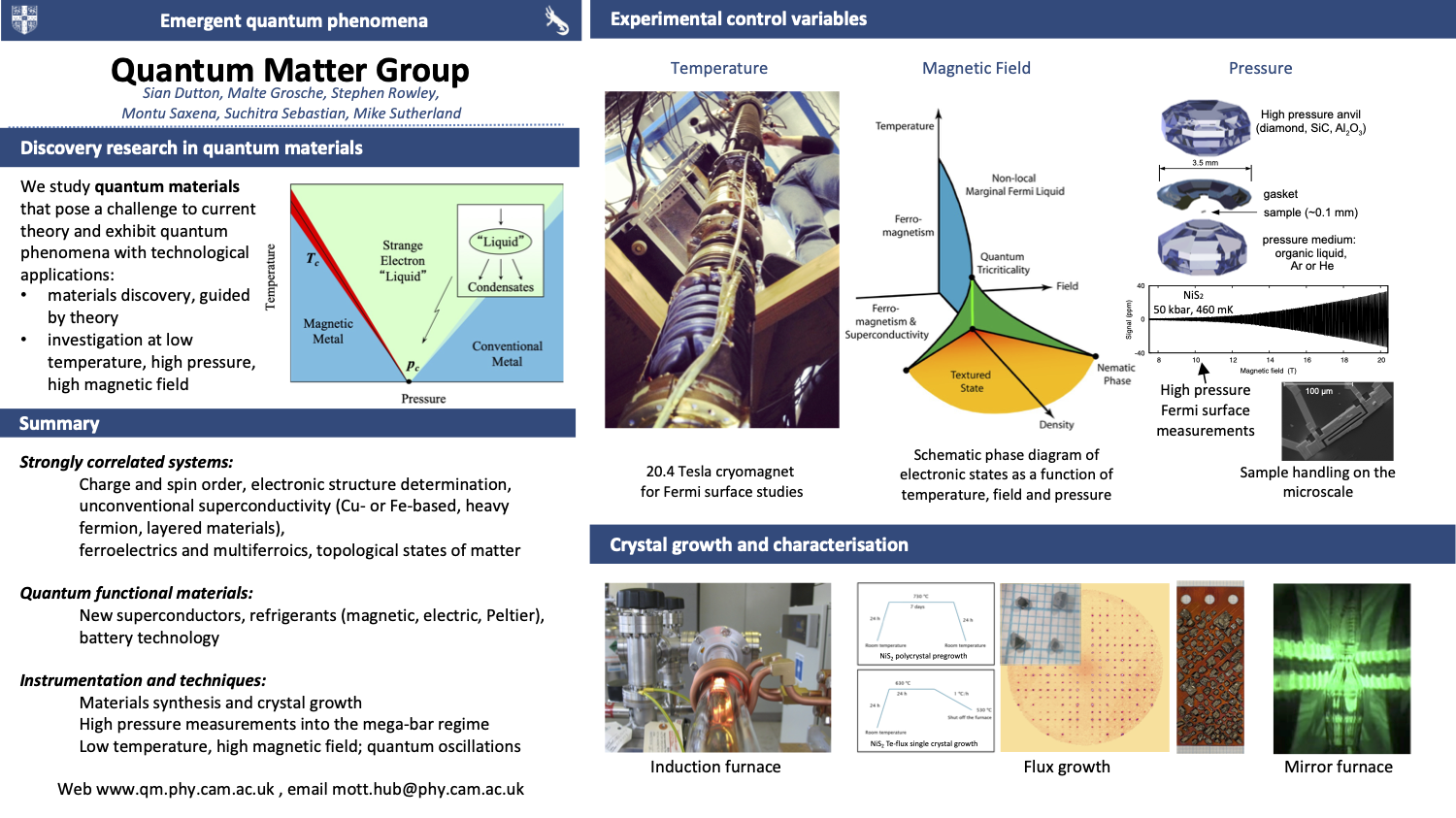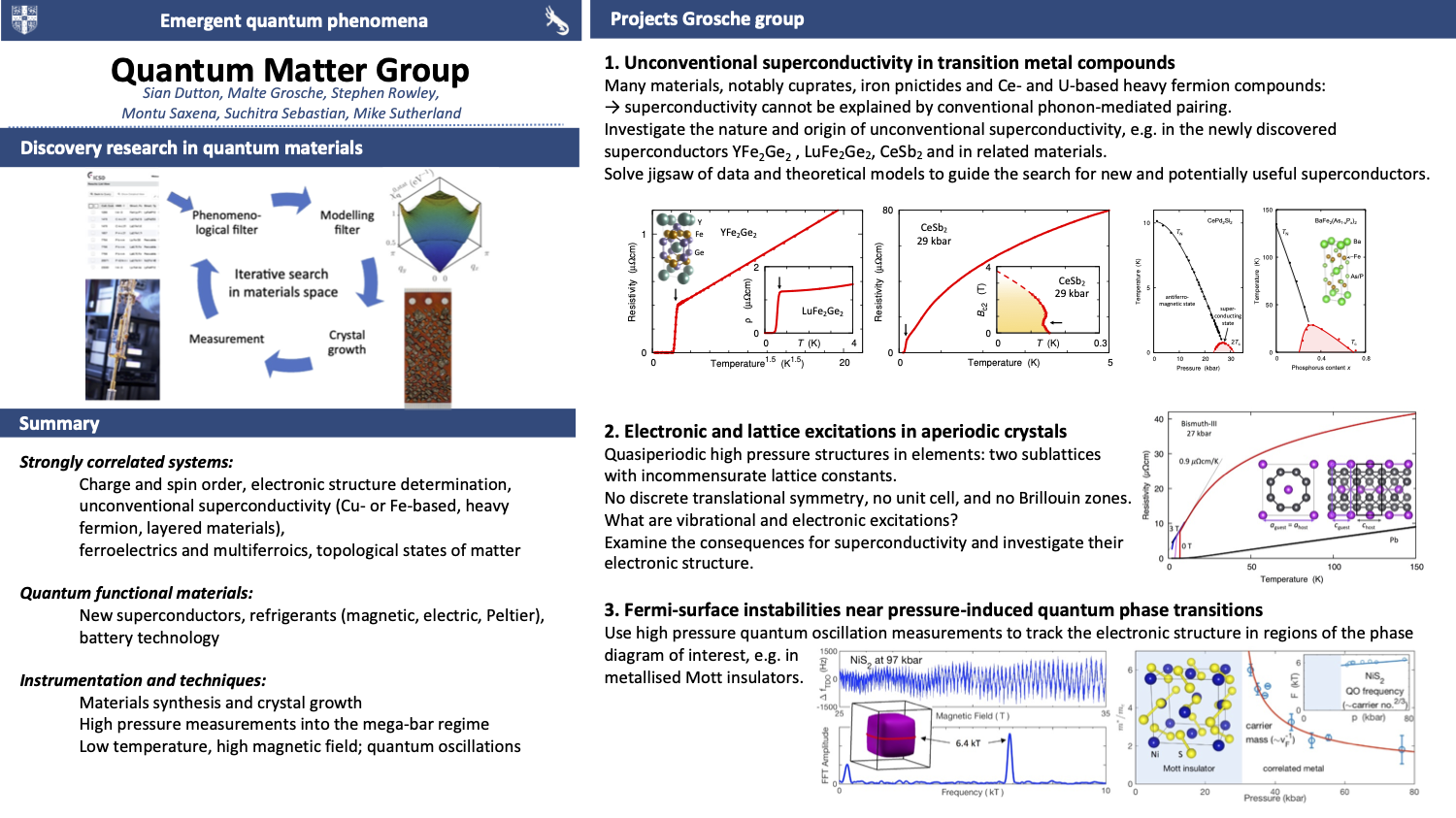..and how to apply to be a graduate student in our group.
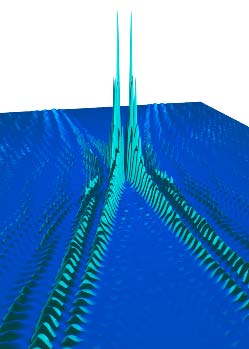
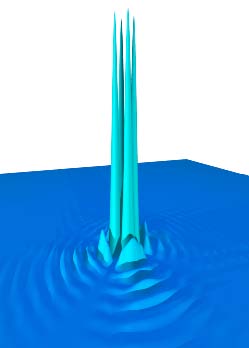
If you are interested to pursue a PhD or MPhil with members in the Quantum Matter group, please don't hesitate to get in touch with Dr. Sian Dutton (sed33), Prof. Malte Grosche (fmg12), Dr. Montu Saxena (sss21), Dr. Suchitra Sebastian (ses59) or Dr. Mike Sutherland (mls41) (all @cam.ac.uk)
The usual start date for PhD and MPhil projects is 1 October; this requires an application in the spring of the same year; to secure funding, an application as early as autumn of the year before is advisable. Please refer to the relevant departmental web page for more details. The official channel for applications is through the University, who will forward your application to the Department of Physics - however, experience shows that this takes a while, so it is advisable to get in touch with your prospective PhD supervisor separately early on in the process.
QM Open Day poster, full version
Project List, download here
Available projects are always changing, so if you don't see something on the list that catches your interest please send us an email to discuss other possibilities. Download our current project list here.
Dr. Sian Dutton
New Materials for Electrodes for Li-ion batteries (2 places, PhD 3.5 years)
Small portable electronic devices are powered by Li-ion batteries, but improvements are required for larger applications. One limiting components, when looking to extend the use of Li-ion batteries to electric vehicles, are the electrodes. This project involves the synthesis of new materials to explore their potential as electrodes in Li-ion batteries. Materials will be synthesised using a variety of techniques, including ceramic, sol-gel and hydrothermal routes. Students will use high-quality X-ray diffraction to explore the structure. Neutron diffraction will be used to provide further information about the structural properties. The electrochemical properties will be probed by cycling vs. Li in electrochemical cells. Ex-situ and in-situ diffraction studies of the charge/discharged material will also be carried out to probe changes to the structure. By using a combination of chemical manipulation and theoretical calculations the properties of the materials under investigation will be optimized.
Prof. M. Grosche, Open Day poster
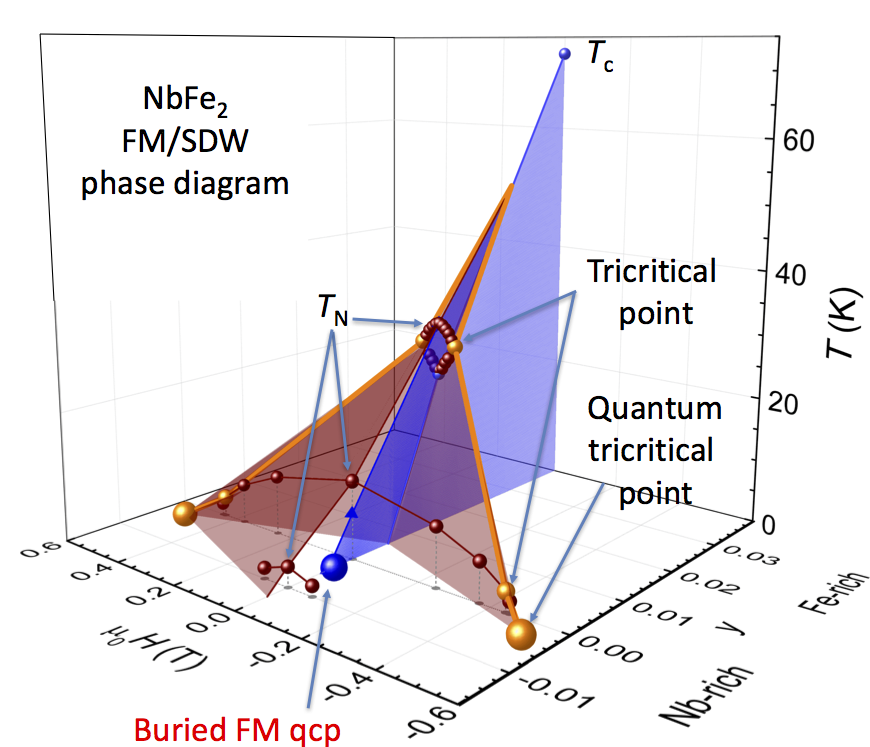 Transition metal compounds offer a fertile ground for electronic self-organisation. Known forms of order include various types of magnetism, conventional and unconventional superconductivity and charge or orbital order. More subtle and exotic low temperature states include electron nematic order, spin liquids and various types of excitonic condensates. Beyond these waits a multitude of yet unknown, novel states of quantum matter, which only experiment can bring to light. These may be accessed by using pressure or magnetic field to tune high purity materials at low temperature. The nature of these states is investigated by low temperature experiments which probe transport and thermodynamic properties or directly access the geometry of the Fermi surface.
Transition metal compounds offer a fertile ground for electronic self-organisation. Known forms of order include various types of magnetism, conventional and unconventional superconductivity and charge or orbital order. More subtle and exotic low temperature states include electron nematic order, spin liquids and various types of excitonic condensates. Beyond these waits a multitude of yet unknown, novel states of quantum matter, which only experiment can bring to light. These may be accessed by using pressure or magnetic field to tune high purity materials at low temperature. The nature of these states is investigated by low temperature experiments which probe transport and thermodynamic properties or directly access the geometry of the Fermi surface.
(Figure: three dimensional composition-field-temperature phase diagram of NbFe2 [Nature Physics 14, 62 (2018)])
These projects involve a wide range of experimental techniques:
- Single crystal growth: new materials and cleaner samples hold the key to scientific breakthroughs in the strongly correlated electron field. We use a combination of modern material synthesis methods, including heating by radio frequency induction or in a newly acquired infrared mirror furnace, and on the latter will develop improved sealing arrangements to facilitate the growth of intermetallic compounds.
- Advanced high pressure, low temperature and high magnetic field instrumentation: identifying electronic order requires multiple experimental probes at low temperature and in high magnetic field. We develop these probes in a new generation of pressure cells with lithographically patterned anvils. Contactless tank circuit signal detection techniques and focused-ion-beam approaches to sample handling on the microscale enable the rapid exploration of new states as well as the detailed investigation of known systems.
Dr. Montu Saxena
Quantum phase transitions and novel quantum order (3 places, PhD 3.5-4 years)
The research programme focuses on novel forms of quantum order in metallic and insulating magnets, 2D and van der Waals compounds, ferroelectric systems and multi-ferroic materials. Pressure-induced superconductivity and critical phenomena in the vicinity of quantum phase transitions is of particular interest. In our case, we focus on the study of model materials in which the magnetic and charge ordered states give way to emergence of exotic superconductivity and other forms of novel quantum order. All projects offer flexibility of working on different aspects of measurements at extreme conditions of high pressures, low temperatures and high electric and magnetic fields, sample growth and also to work with international partners and theoretical collaborators.
Up to three MPhil places are available. All projects can be scaled down to MPhil level. Two PhD places will be available in the area of quantum critical phenomena in metallic and insulating materials with spin and/or charge order. One PhD place is available in the area of novel graphite and chalcogenide intercalates to explore low dimensional magnetic and charge order and superconductivity.
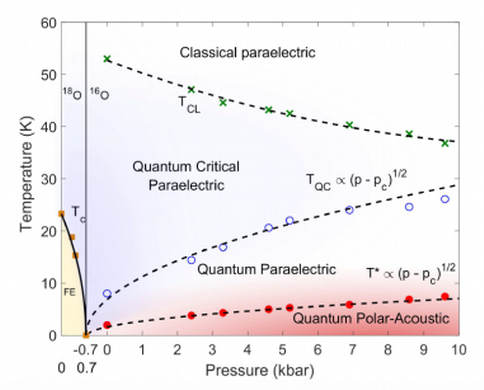
[1] Ferroelectric quantum criticality Nature 10, 367 (2014),
[2] Emergence of a quantum coherent state at the border of ferroelectricity arXiv:1808.02428 (2018),
[3] Pressure-Induced Electronic and Structural Phase Evolution in the van der Waals Compound FePS3, Physical Review Letters 121, 266801 (2018)
Dr. Suchitra Sebastian
Quantum oscillations in Kondo Insulators
The project will involve quantum oscillation measurements on an unusual Kondo insulator. This material exhibits puzzling dual characteristics of electrical insulating behaviour, while simultaneously displaying a conduction electron Fermi surface characteristic of a metal [1,2]. Measurements of the Fermi surface involve high precision measurements of thermodynamic and transport properties under conditions of low temperatures and high magnetic fields. The project will involve quantum oscillation measurements in the magnetisation to probe the Fermi surface of the Kondo insulator under these conditions.
[1] 'Unconventional Fermi Surface in an Insulating State', Science 349 pp. 287-290 (2015).
[2] https://www.quantamagazine.org/20150702-paradoxical-crystal-baffles-phys...
Transport and thermodynamic measurements in high temperature copper-oxide superconductors
The project will involve a comprehensive sequence of high-purity copper oxide single crystal growth, electrical transport and magnetisation measurements. These materials, in addition to exhibiting remarkably high superconducting temperatures, display a variety of baffling quantum behaviours that cannot be explained by conventional Fermi liquid theories. An array of experiments including quantum oscillations will be used to measure and explain mysterious quantum effects in these materials under conditions of low temperatures and high magnetic fields. Experiments will be performed both using in-house superconducting magnets and international high magnetic field facilities.
[1] Normal-state nodal electronic structure in underdoped high-Tc copper oxides, Nature 511, 61
Dr. Michael Sutherland
Probing correlated electron systems with low temperature heat transport (2 places, PhD 3.5 years)
The project involves studying how systems with strongly interacting electrons transport entropy at millikelvin temperatures. Such measurements of thermal conductivity may be used as a probe of fundamental excitations in condensed matter systems, providing valuable information on the quantum ground state, as well as low energy scattering processes. Students would be involved in developing cryogenic infrastructure and ultra-low temperature probes that would operate in very high magnetic fields and under extreme pressures. These tools would be used to explore a number of possible materials including exotic superconductors and non-Fermi liquid states near the border of magnetism. One especially interesting possibility is exploring Kondo insulators, which are expected to be electrically insulating, but may play host to exotic excitations that give rise to a Fermi surface [1].
[1] Fermi surface in the absence of a Fermi liquid in the Kondo insulator SmB6 Nature Physics 14, 166 (2018)
![]()
Undergraduate Summer Projects in the Group
We currently have no vacancies for undergraduate summer research projects, but will advertise any that become available here.

